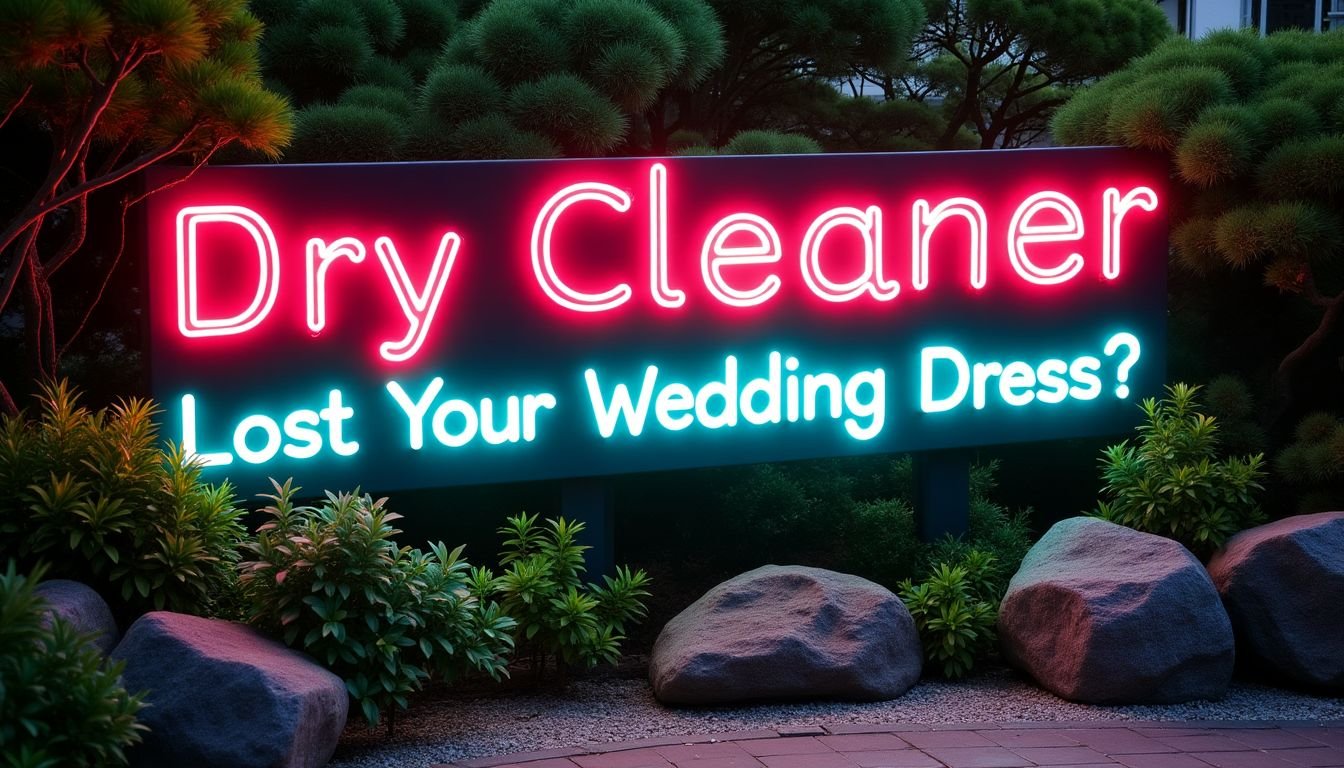Imagine it’s a busy Saturday night. A couple enjoys a few drinks, leaves your restaurant, and later causes an accident. A few weeks go by, and you’re served with a lawsuit—claiming your establishment is responsible for over-serving alcohol. Without proper liquor liability insurance for restaurants, your business—and personal finances—may be on the hook.
This is the kind of risk many restaurant owners overlook. Understanding the specific protections needed is vital, especially since standard insurance often falls short. While restaurant owners need several types of insurance coverage, liquor liability deserves special attention.
Your General Liability Policy Won’t Cover It
This is perhaps the most critical point many restaurant owners miss. A standard Commercial General Liability (CGL) policy typically excludes coverage for bodily injury or property damage for which you may be held liable because you served alcohol. If your business manufactures, distributes, sells, serves, or furnishes alcoholic beverages, you need a separate liquor liability policy. Relying solely on your CGL policy for alcohol-related incidents is a recipe for financial disaster.
As explained by Progressive Commercial Insurance, “A basic general liability policy excludes liquor liability coverage for businesses that generate a profit from alcohol. Liquor liability insurance is designed to fill this gap in coverage.” Learn more about the differences between policies here.
Common Misconceptions About Liquor Liability
Several misunderstandings often prevent restaurant owners from securing the right protection:
“My General Liability Policy Covers Alcohol-Related Incidents”: As mentioned above, this is incorrect. CGL policies almost always have a specific exclusion for businesses in the business of serving alcohol. You need dedicated liquor liability coverage.
“We Only Serve Wine and Beer, So We Don’t Need It”: The type of alcohol doesn’t eliminate the risk. Liability can arise from overserving beer or wine just as easily as from hard liquor. Any establishment serving any alcoholic beverage needs to consider this coverage. This includes wine bars, which have their own unique insurance needs beyond just liquor liability.
“We’re Careful About Over-Serving, So We’re Safe”: Responsible serving practices are absolutely essential and can reduce risk, but they don’t eliminate it entirely. Mistakes can happen, patrons might misrepresent their level of intoxication, or disputes can arise regardless of your diligence. Insurance provides financial protection when prevention measures aren’t enough.
Understanding “Dram Shop” Laws
You might have heard the term “dram shop laws.” In simple terms, these are state laws that can hold a business liable for selling or serving alcohol to individuals who subsequently cause harm (like injuries or property damage) due to intoxication.
How it Works: Imagine a patron has several drinks at your restaurant, appears visibly intoxicated, but is served another drink anyway. They then leave, drive, and cause a serious car accident. Dram shop laws could allow the injured party (or their family) to sue your restaurant for damages, arguing that you contributed to the accident by overserving the patron.
State Variations: These laws differ significantly from state to state regarding the burden of proof and liability limits, but the core principle remains: your responsibility doesn’t always end when the patron walks out the door. (Note: As of April 8, 2025, it’s crucial to check the specific dram shop laws applicable in your state).
Insureon provides a comprehensive state-by-state guide to dram shop laws, noting that “In most states with dram shop laws, your business is held liable when you serve a visibly intoxicated person.” Review the specific laws in your state here.
What Does Liquor Liability Actually Cover?
Most restaurant owners have a basic understanding that liquor liability insurance for restaurants covers damages if they’re found liable for an alcohol-related incident. However, the coverage often extends further than many realize:
Bodily Injury & Property Damage: This is the core coverage for harm caused by an intoxicated patron you served.
Legal Defense Costs: Lawsuits are expensive. Liquor liability insurance typically covers attorney fees, court costs, and other legal expenses associated with defending your restaurant against a claim, even if the lawsuit is ultimately found to be without merit.
Settlements and Judgments: If you are found liable, the policy helps cover the financial damages awarded to the claimant, up to your policy limits.
Off-Premises Incidents: Sometimes, coverage can extend to incidents that occur away from your restaurant, provided the intoxication originated from your service.
Beyond alcohol-related claims, restaurants face other unique challenges like handling “dine and dash” incidents that may require different types of coverage.
What Drives Your Liquor Liability Insurance Costs for Restaurants?
Liquor liability premiums aren’t one-size-fits-all. Insurers assess your specific risk based on several factors:
Alcohol Sales Volume: A higher percentage of alcohol sales compared to food sales generally means higher risk.
Operating Hours: Restaurants open late often face higher risks.
Staff Training: Having staff certified in responsible alcohol service (like TIPS or ServSafe Alcohol) can demonstrate proactive risk management and may lead to lower premiums.
Location: State regulations and local incident rates influence costs.
Claims History: Previous liquor-related claims will likely increase your premium.
Coverage Limits: Higher limits mean more protection but also higher cost.
Entertainment: Live music, dancing, etc., can increase perceived risk.
According to FitSmallBusiness, “For a small restaurant, liquor liability can run from $200 to $590 annually. Factors such as the percentage of total revenue from alcohol, location, and type of business all play into the range of potential premiums.” Check out cost ranges and factors here.
Common Gaps and Potential Endorsements
Don’t assume your liquor liability insurance for restaurants covers everything. Pay attention to these potential gaps and consider necessary endorsements (add-ons):
Assault and Battery: Fights can break out. Does your policy explicitly cover claims arising from assault and battery, or do you need a specific endorsement? Without it, you might have no coverage if an intoxicated patron injures someone in a fight.
Special Events & Catering: If you cater an event off-site or have a temporary outdoor patio, does your liquor liability extend automatically? Often, you need to notify your insurer or get specific endorsements.
Employee Conduct: Ensure your policy and internal procedures address situations involving employees consuming alcohol on the job (which should be strictly prohibited).
If you’re operating a food business in California, there may be specific state requirements for liquor liability and other coverages that differ from other regions.
NEXT Insurance points out that “Liquor liability may be required for some food and beverage business operations, including liquor licensing, renting a commercial property, dram shop law compliance, and getting a business loan.” Learn more about coverage requirements here.
Be Proactive: Reducing Your Risk (and Maybe Your Premium)
Insurance is crucial, but prevention is always the best strategy:
Strict ID Checks: No exceptions. Use ID scanners if possible.
Mandatory Staff Training: Regularly train all staff on recognizing intoxication, intervention techniques, and state/local laws. Document everything.
Promote Food: Encourage patrons consuming alcohol to also order food.
Visible Non-Alcoholic Options: Offer appealing alternatives.
Clear Cut-Off Procedures: Empower staff to refuse service and arrange safe transportation (taxis, rideshares). Document refusals.
Adequate Security: Especially during busy nights or events.
Incident Logs: Maintain detailed records of any alcohol-related incidents or refusals of service.
Tabak Insurance Agency suggests that “Obtaining proper restaurant or bar insurance is a key step to preventing large financial losses from liquor liability-related claims. Other steps that business owners can take include training servers to watch for overly intoxicated patrons and underage individuals.” Read more prevention tips here.
Frequently Asked Questions (FAQ)
Is liquor liability insurance legally required?
It depends on your state and sometimes local laws. Many states do legally require it. Even if not mandated, it’s critical business protection due to dram shop laws and potential lawsuits.
How much does liquor liability insurance cost?
Costs vary widely based on location, sales volume, hours, training, limits, and history. It could be hundreds or thousands annually. A personalized quote is necessary.
Does liquor liability cover fights or assaults?
Not always automatically. Standard policies might exclude assault and battery. You often need a specific endorsement. Clarify this with your provider.
What’s the difference between liquor liability and general liability?
General liability covers premises risks (like slips) but typically excludes liability from serving alcohol. Liquor liability specifically covers alcohol service risks.
Can I bundle liquor liability with other policies?
Often, yes. It can sometimes be added to a Business Owner’s Policy (BOP) or packaged with general liability, potentially offering cost savings compared to a standalone policy. Ask your agent about bundling options.
Protect Your Passion and Your Business
Your restaurant is more than just a business; it’s a passion. Serving alcohol might be part of that passion and your business model, but it comes with responsibilities and risks that cannot be ignored. Liquor liability insurance isn’t merely an expense; it’s a vital investment in the stability and longevity of your restaurant.
Understanding the nuances – common misconceptions, what’s covered, potential gaps, and how your actions impact risk – is crucial. Don’t wait for an incident to find out you weren’t adequately protected.
Don’t forget that liquor liability is just one piece of your restaurant’s insurance puzzle. Workers’ compensation for your restaurant staff is another critical coverage that protects both your employees and your business in case of workplace injuries.
Take the time to review your current coverage or explore your options. Ensuring you have the right protection lets you focus on what you do best: creating great experiences for your customers. For personalized advice tailored to your restaurant’s specific needs, it’s best to speak with an insurance professional.
Ready to ensure your restaurant is properly protected? Contact us for a review of your current policy or a personalized quote. You can call us at (818) 781-6630 to speak with an agent or chat with AI Agent Sky, available 24/7 at the bottom right.
Connect with Panorama Insurance on social media to stay informed and engaged with the latest updates and resources for your business:







